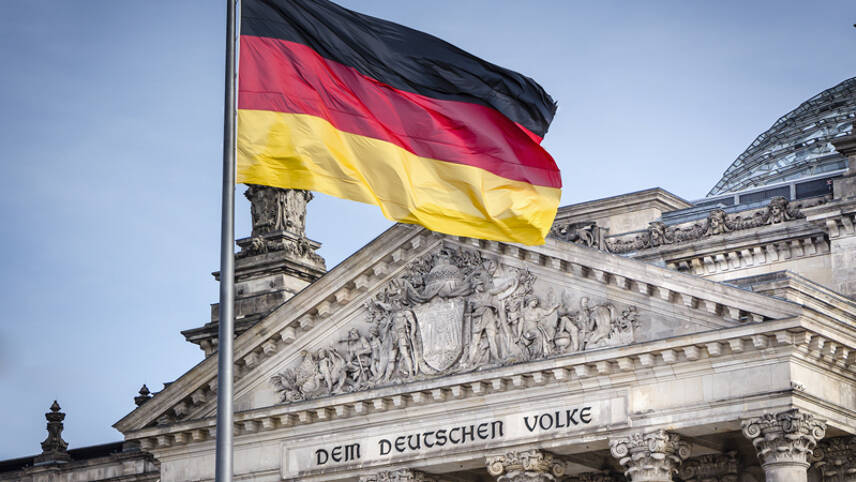Register for free and continue reading
Join our growing army of changemakers and get unlimited access to our premium content

Germany aims to reach climate neutrality by 2045.
In the unified plea titled ‘The Transformation as a Project of the Century’, companies have pledged their dedication to Germany as a business hub and the nation’s net-zero targets.
Convened through the KlimaWirtschaft Foundation – a German alliance of chief executives focused on climate action – the businesses have called for a cohesive strategy and robust support mechanisms to expedite corporate efforts, in line with the climate objectives.
Some of the signatories include BNP Paribas Germany, Deutsche Telekom, Hugo Boss AG and Ikea Deutschland.
Germany has set an economy-wide emissions reduction target of at least 65% by 2030 and at least 88% by 2040, compared to 1990 levels.
The country aims to reach climate neutrality by 2045 (five years earlier than the EU target) and achieve negative greenhouse gas (GHG) emissions after 2050.
The appeal urges the German Government to establish a transformation commission to deliver on demands including competitive energy prices, advanced development of the debt brake, and a fully digital administrative infrastructure.
Additionally, the call underscores the necessity for a comprehensive economic policy framework that fosters entrepreneurship within a climate-neutral paradigm.
Lastly, the call urges for a consensus among all democratic parties on transformation and energy policies, increased public and private investments in climate neutrality, and a socially acceptable expansion of green markets.
In a translated quote, Ikea Germany’s chief executive officer Walter Kadnar said: “Retail plays a key role in sustainable economic development.
“We are convinced that the power of a sustainable transformation lies in the partnership between business, politics and society. What is needed is to exchange innovative ideas, leadership and important political decisions.”
German business leaders typically refrain from involvement in party politics due to power shifts. However, recent revelations that two prominent Alternative for Germany (AfD) nationalist members were involved in a meeting discussing mass deportations of foreign-origin citizens have triggered widespread national concern.
This development has also instilled apprehensions about potential damage to Germany’s reputation as an appealing destination for foreign investment and skilled professionals. The concern arises at a critical juncture when a shortage of domestic labour is impeding the country’s economic growth.
Underlining worries about the infiltration of right-wing extremist ideologies impacting democracy and economic stability, the appeal stresses the need for a concerted effort to counter such threats.


Please login or Register to leave a comment.